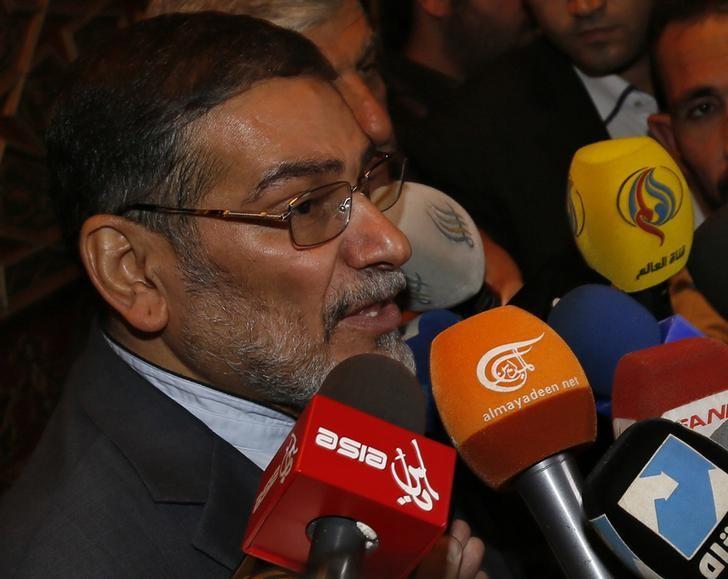London – Following statements by Iran’s Supreme National Security Council Secretary Ali Shamkhani on Iran’s readiness to double its military presence in Syria, Russian Ambassador to Tehran Levan Dzhagaryan said on Sunday that the Iranian official’s visit to Moscow comes in the context of “more Iranian-Russian military coordination in Syria.”
Shamkhani revealed Iran’s readiness to dispatch more military forces to Syria as a response to US President Donald Trump’s recent statements on Iran’s role in Syria, in shaking stability and in supporting terrorism.
He affirmed that Tehran is serious in proceeding in its role in the Syrian crisis and that his country is ready to double its efforts through sending more military forces “to maintain security in the region”.
Meanwhile, Dzhagaryan said that Washington objects to the Iranian presence at the Astana negotiations and considers its role as negative in Syria.
“Russia does not agree with the US on the Iranian role – which it sees as positive in reaching a resolution for the Syrian crisis. Finding a solution is impossible without Iran,” he added.
The ambassador pointed out that Russian Foreign Minister Sergei Lavrov notified international parties that Moscow opposes excluding Iran from the Syrian negotiations and he affirmed its support of Iran’s participation in the current and future negotiations on Syria.
He denied any US-Russian agreement on Kurdish regions in Syria, saying that Russia acknowledges the unity of the Syrian territory and rejects dividing it.
“Syria should be one country,” he added.
Furthermore, Dzhagaryan stressed the Turkish role in Syrian negotiations, adding that the opposition that boycotted the Astana negotiations is a minority. He also saw that the US, Russia, Turkey and Iran are active players in Syrian negotiations.
